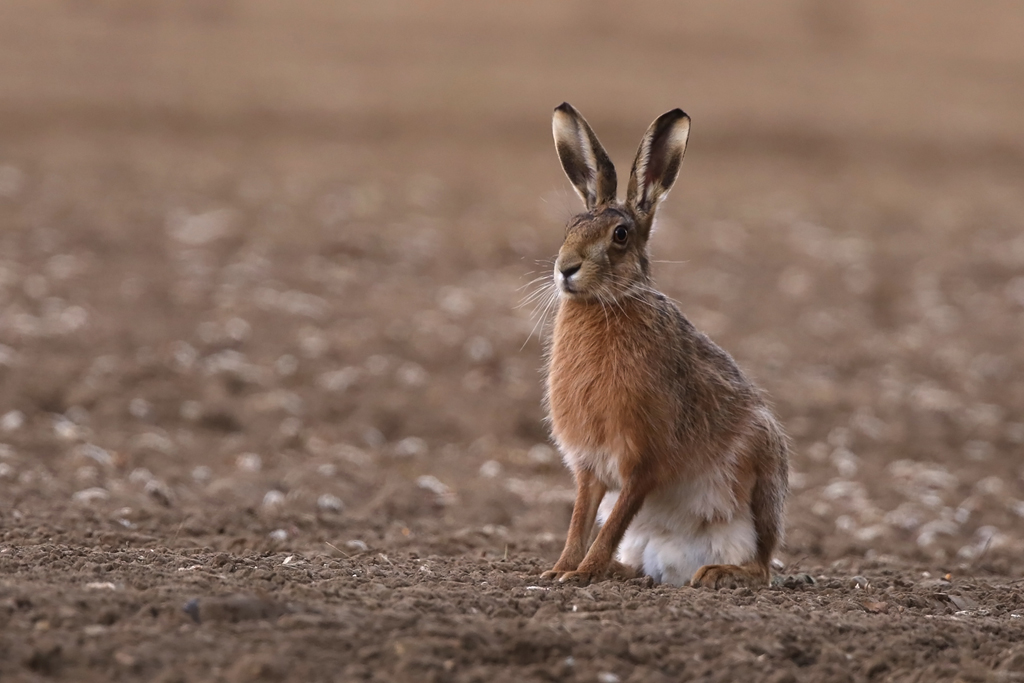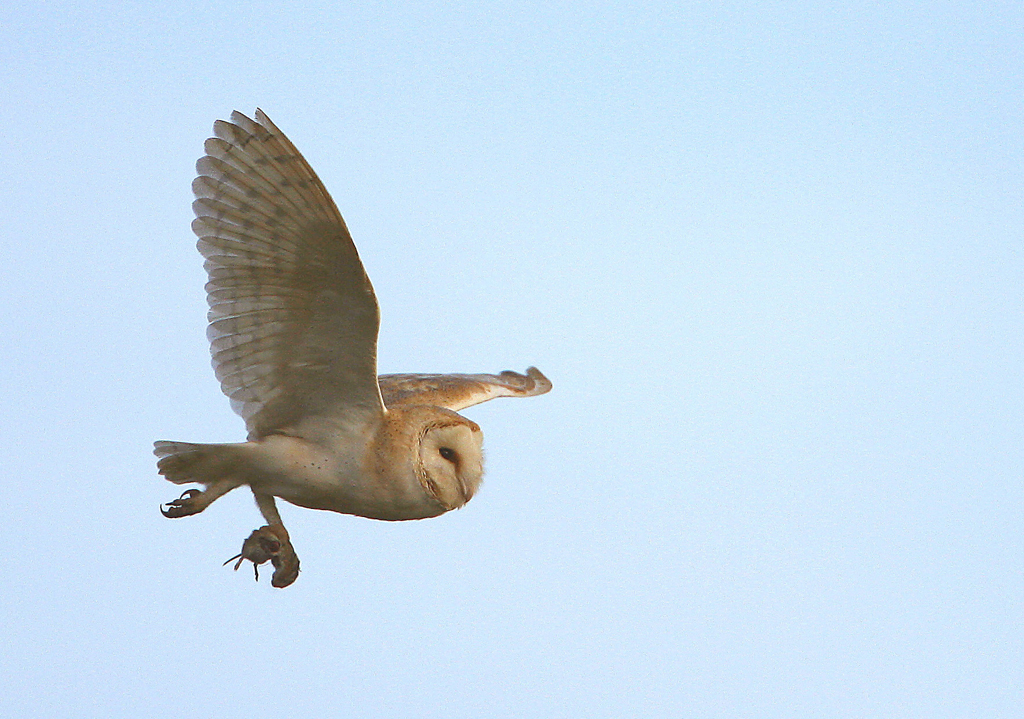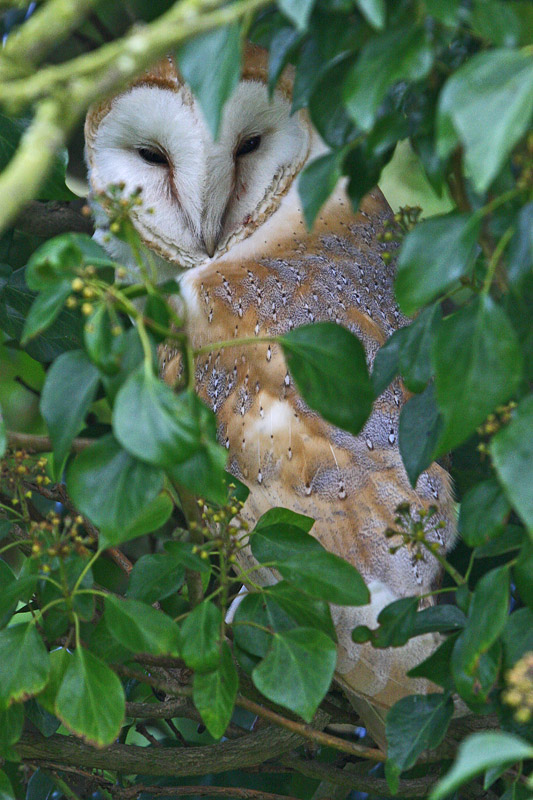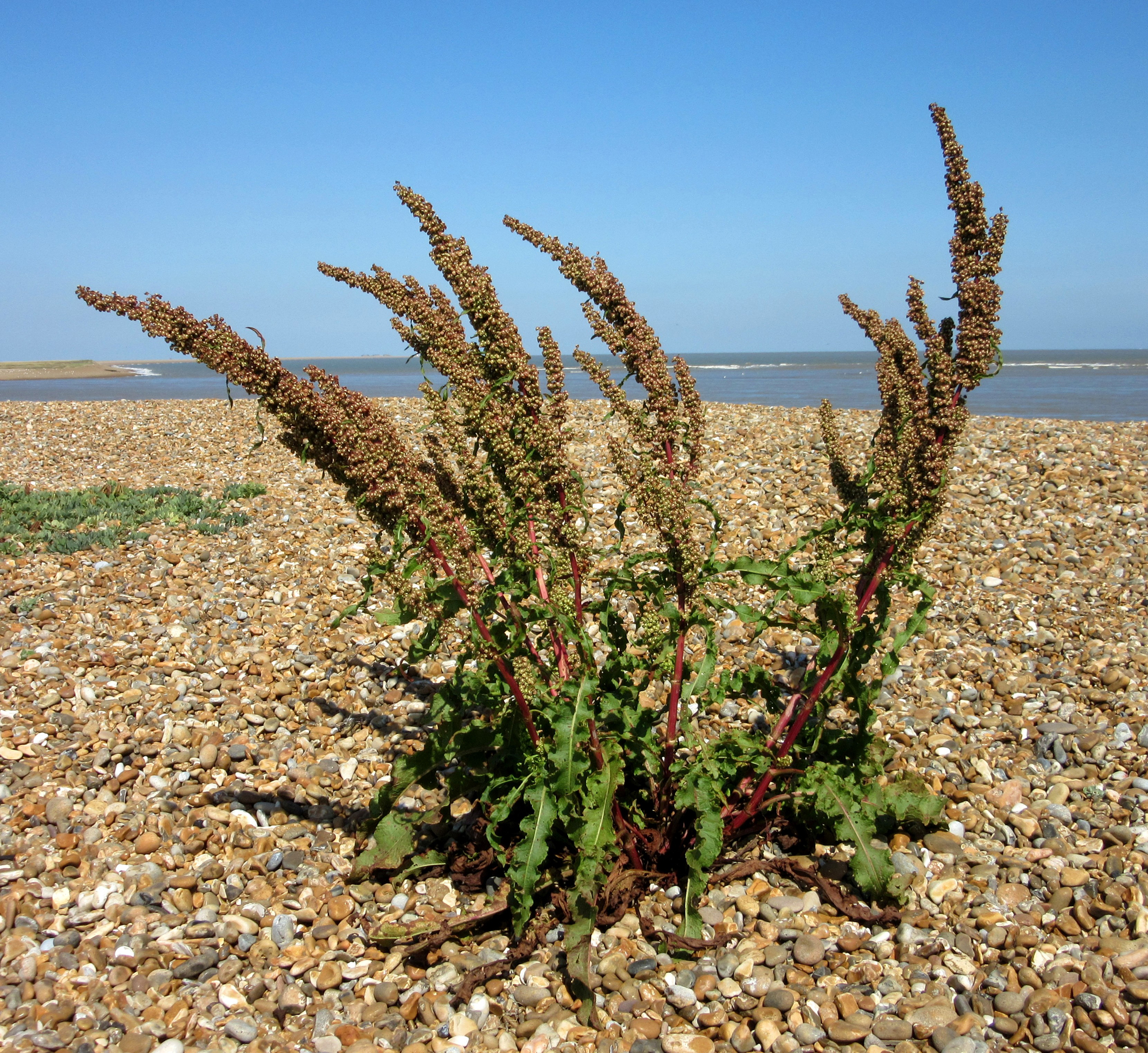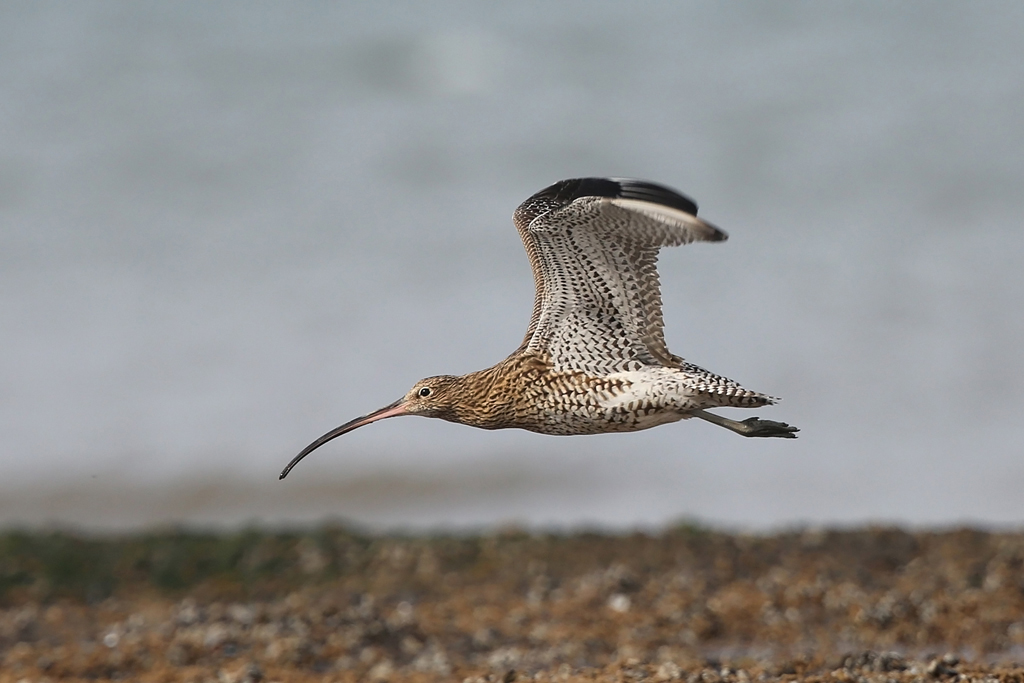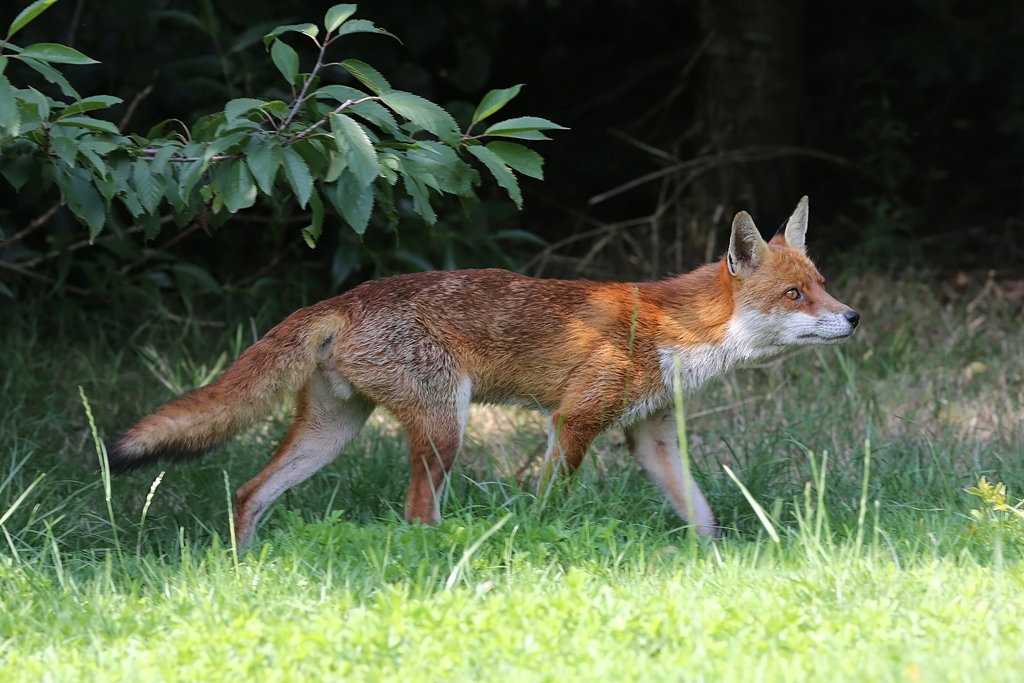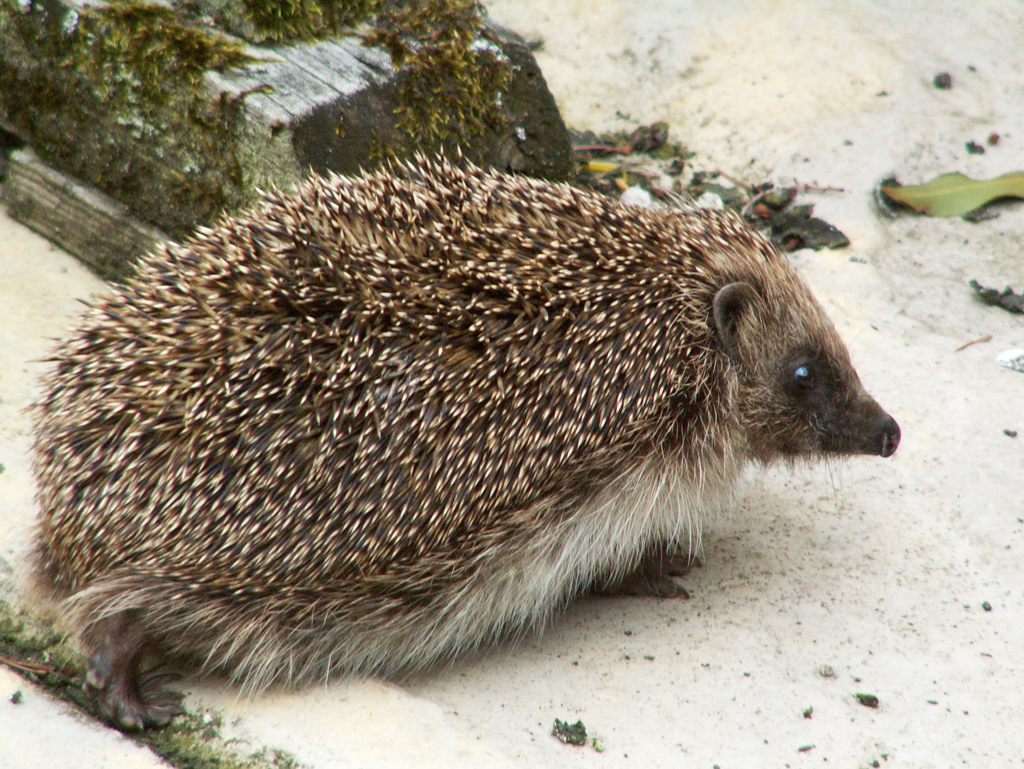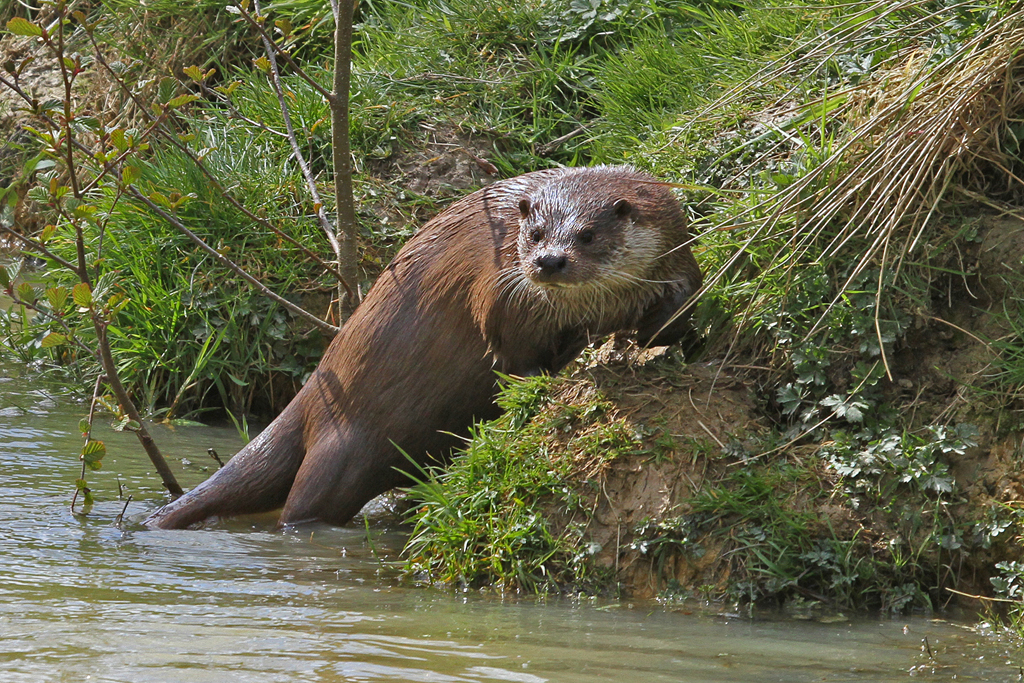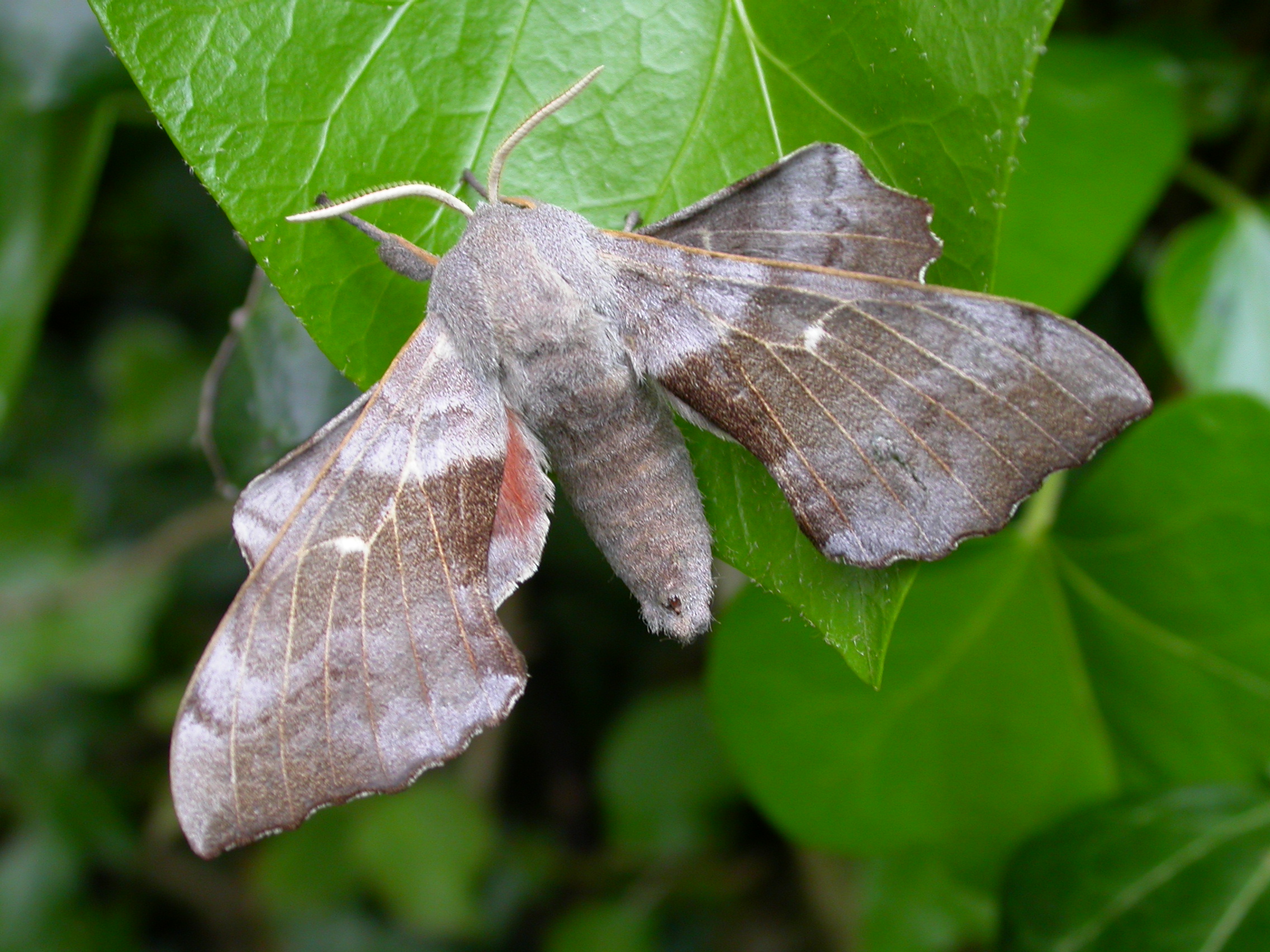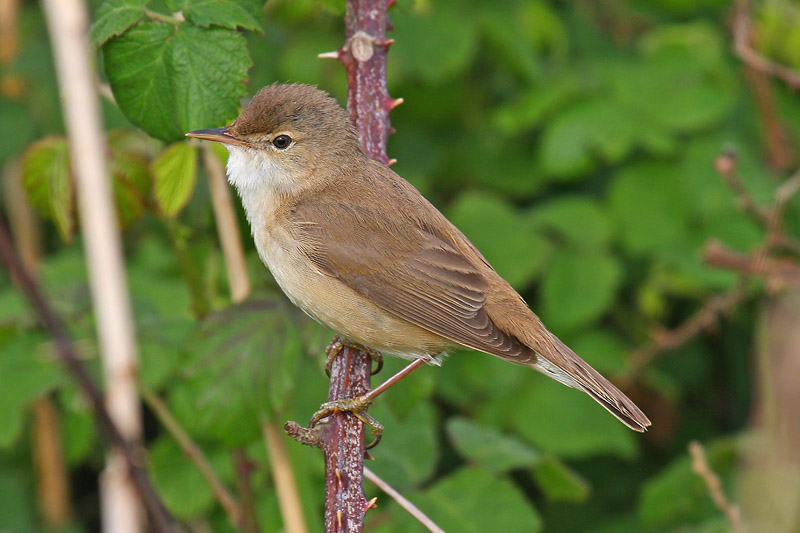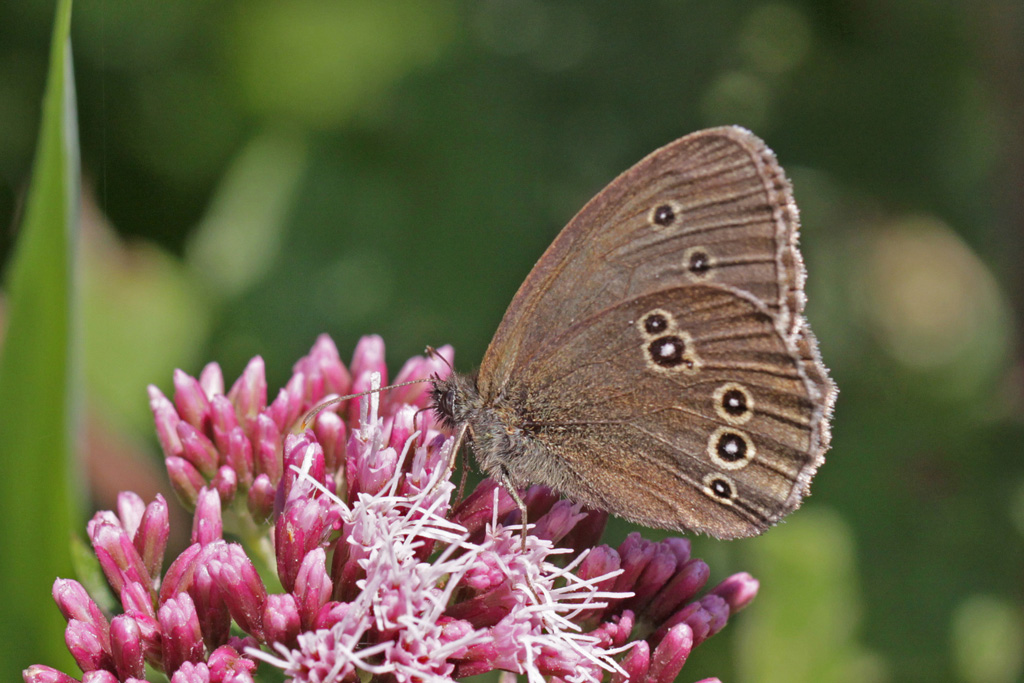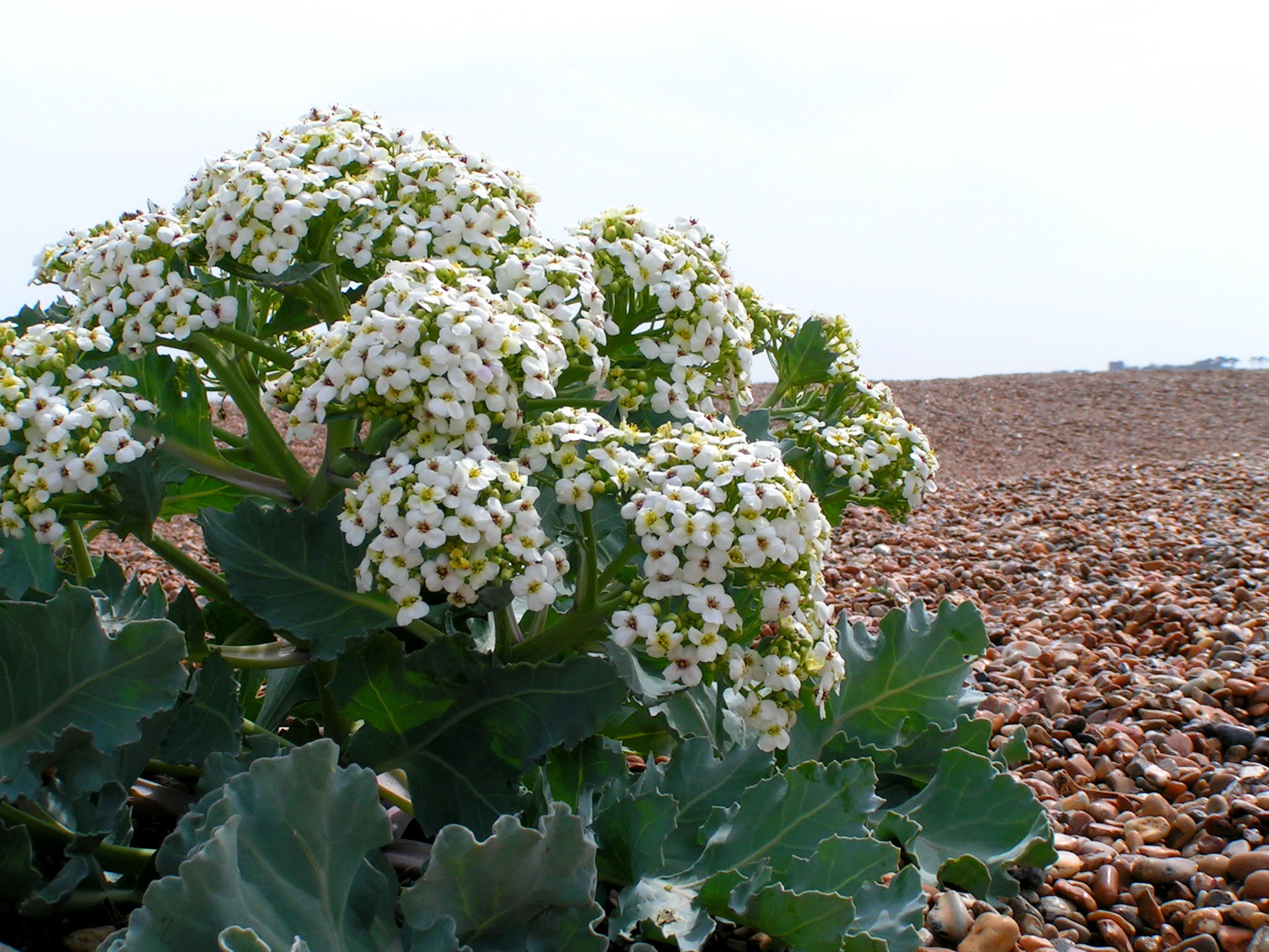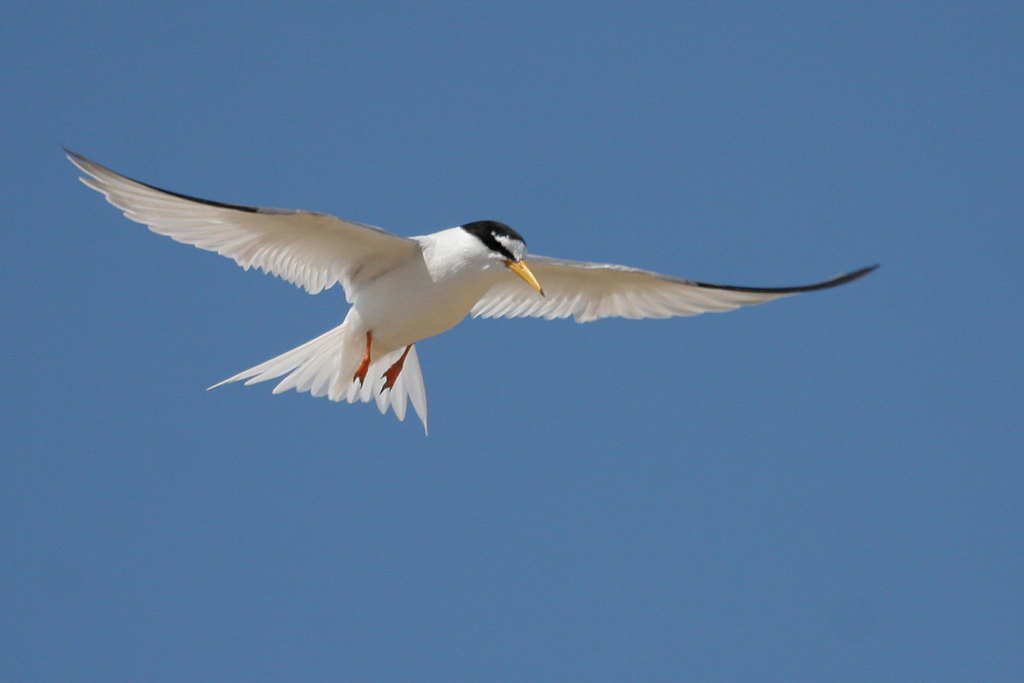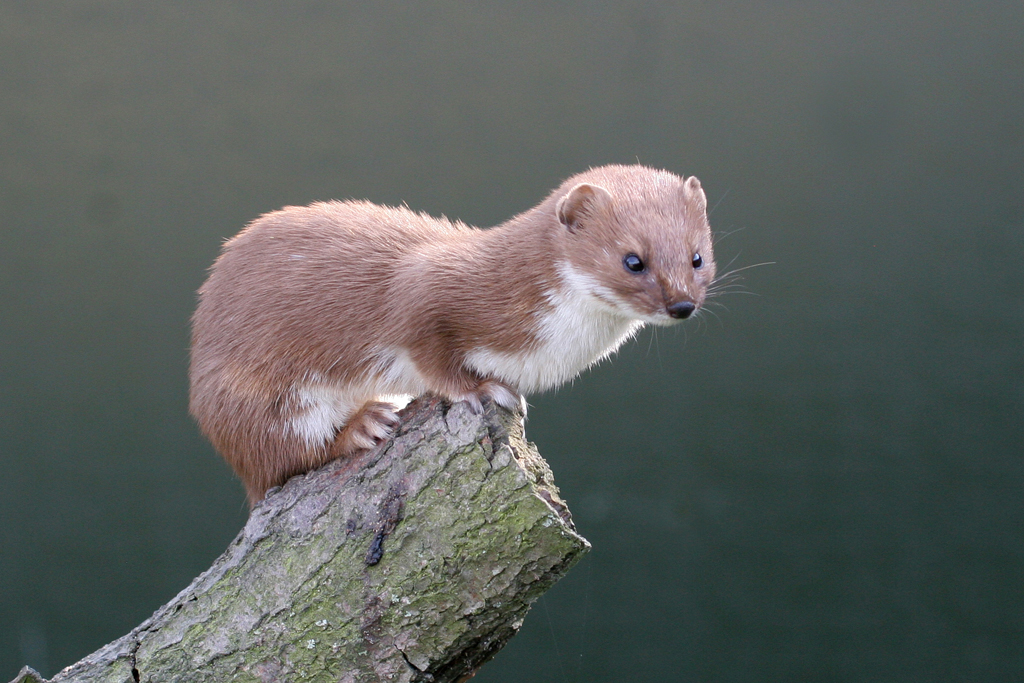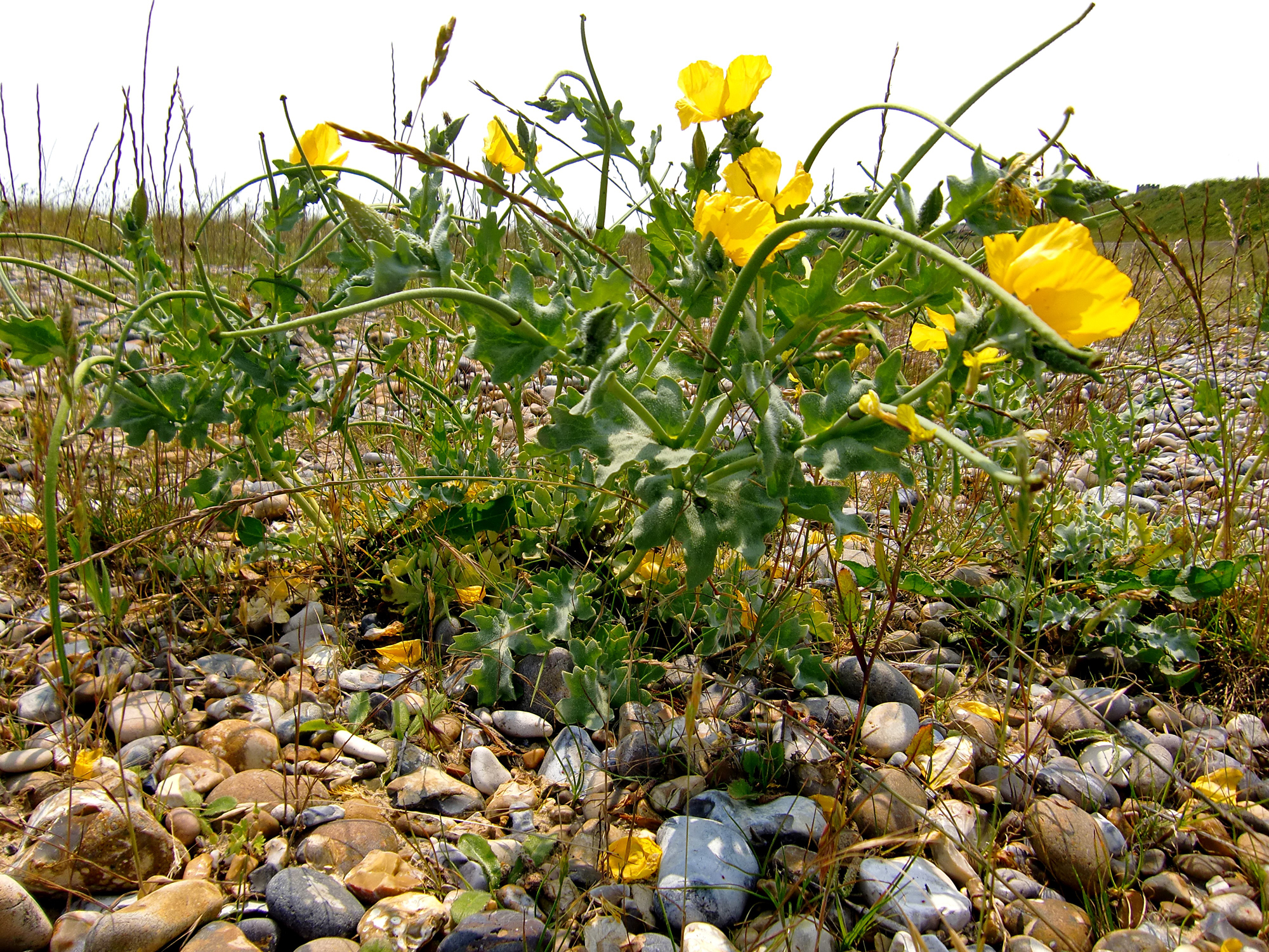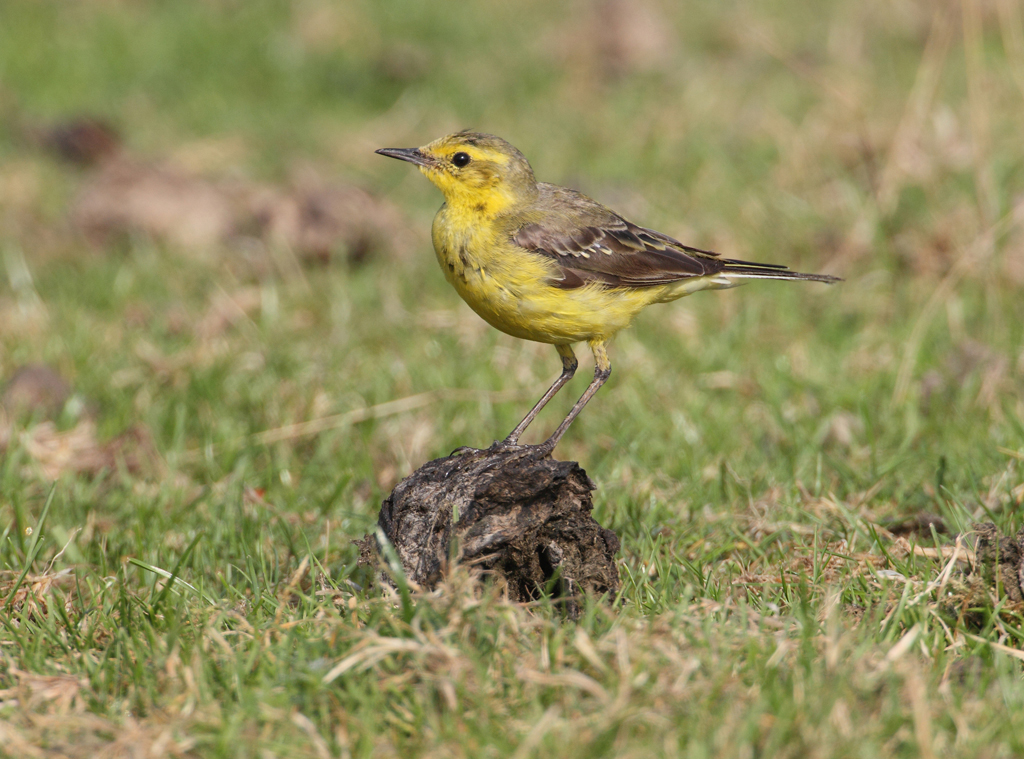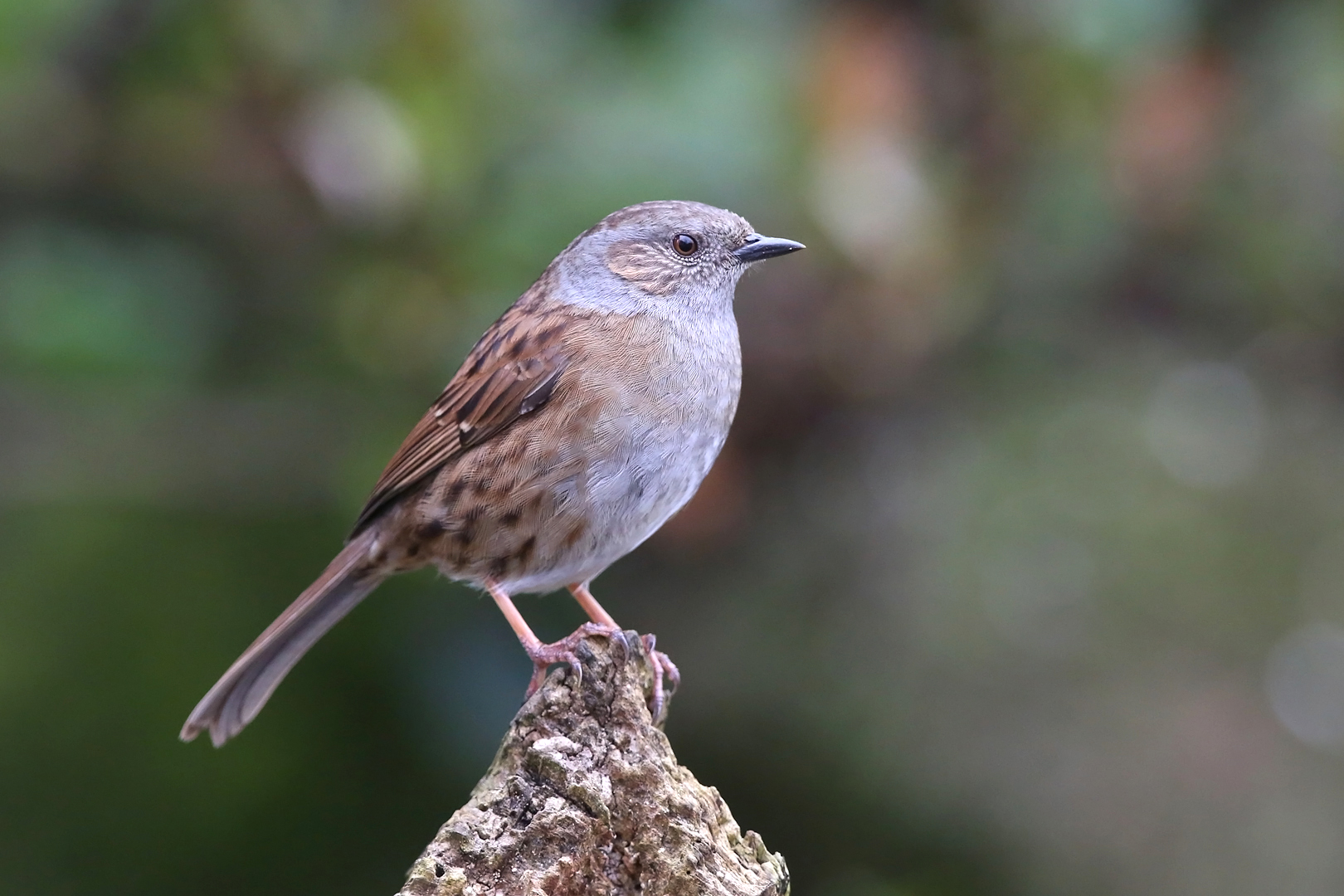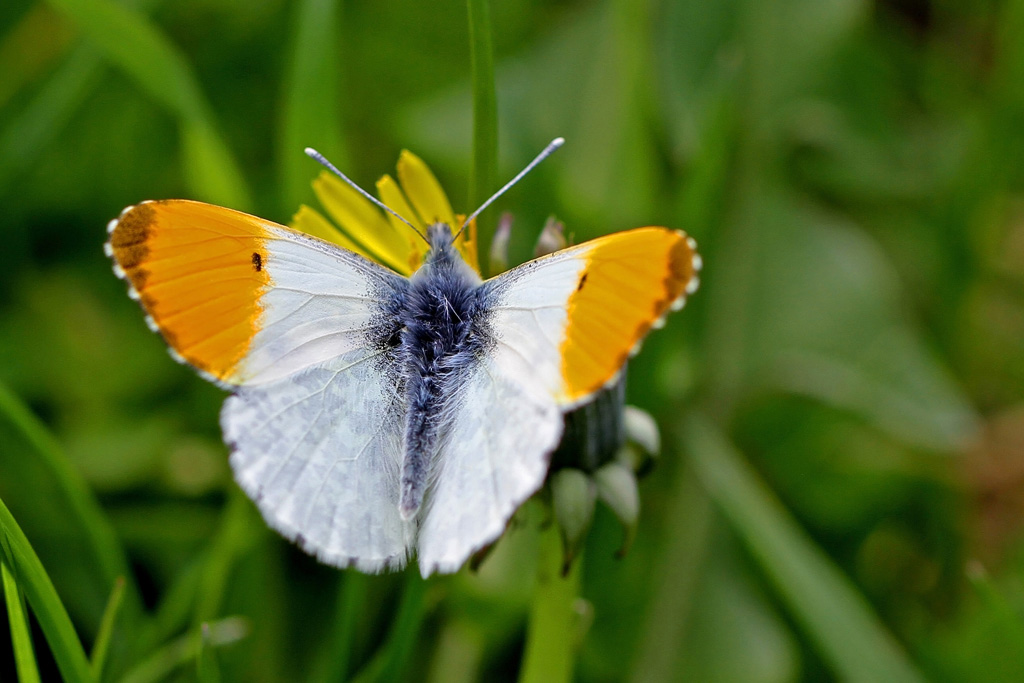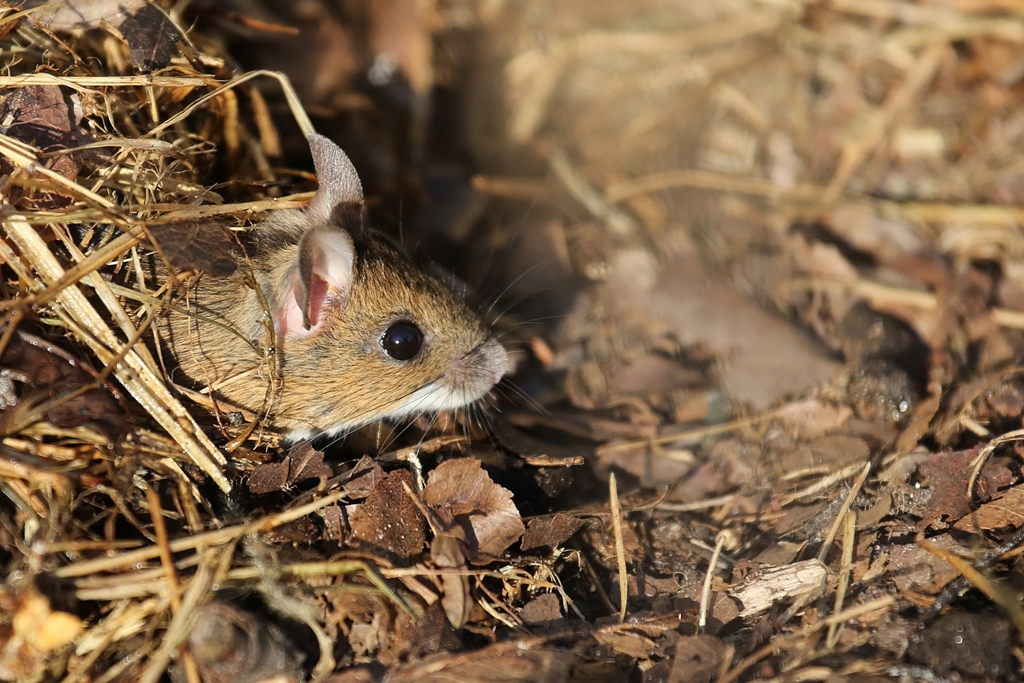Village Voices Nature Note: A Local Exotic
01 Jul 2021
A neighbour reported an unusual bird on their lawn the other day. They wondered if it could be some exotic visitor from overseas. It was quite large, they said – the size of jackdaw but slimmer and very brilliantly coloured, flashing a bright yellow rump in a V-shape up the soft green back. And it sported a most striking head pattern with a black mask enclosing a white eye, topped off with a scarlet crown. It wouldn’t have looked out of place in a tropical jungle, but here it was hopping about on the grass in front of their house. When disturbed, it flew off in a bounding flight and appeared to clamp itself, as if magnetised, on to the trunk of a nearby willow.
Well, that was a very good description of what is certainly a charismatic bird, but not in this case an exotic one – it’s a common British resident, the green woodpecker. We naturally associate all our native woodpeckers with trees, as their name suggests, and they do indeed use their powerful dagger bills to excavate nest holes in tree-trunks, probe the bark for grubs and drum on hollow branches to advertise their presence both to rivals and potential mates. But the green woodpecker has also developed this further habit of using its formidable drilling equipment to dig into ant colonies in our lawns and lick up the inhabitants with their specially adapted tongues.
The artist Leonardo da Vinci, who observed everything with insatiable curiosity, was fascinated by woodpecker tongues – why were they so long, he asked, and how were they housed in the woodpecker’s head when they were retracted? The answer was later revealed by dissection and is illustrated in this little diagram of a skeleton: the tongue is literally wrapped around the brain and its elastic movements are controlled by specially adapted bony cartilages.
In spring, the male green woodpecker has a very distinctive territorial call, a descending peal of (usually seven) loud ‘laughing’ notes that gave the bird its old country name ‘yaffle’. Another folk name was ‘rain bird’. It was widely believed that the yaffle’s call presaged rain, which would bring out the insects on which the bird feeds. An easy prediction to make in Britain, perhaps, when it is always about to rain anyway, but quite false. Possibly it derived from an even older, more primitive belief in the woodpecker as the ‘thunder bird’, who summons up the rain with his resounding drum-roll and wears the red badge of lightning on his crest.
Anyway, no need to invoke foreign exotica with such wonders close to home.
Well, that was a very good description of what is certainly a charismatic bird, but not in this case an exotic one – it’s a common British resident, the green woodpecker. We naturally associate all our native woodpeckers with trees, as their name suggests, and they do indeed use their powerful dagger bills to excavate nest holes in tree-trunks, probe the bark for grubs and drum on hollow branches to advertise their presence both to rivals and potential mates. But the green woodpecker has also developed this further habit of using its formidable drilling equipment to dig into ant colonies in our lawns and lick up the inhabitants with their specially adapted tongues.
The artist Leonardo da Vinci, who observed everything with insatiable curiosity, was fascinated by woodpecker tongues – why were they so long, he asked, and how were they housed in the woodpecker’s head when they were retracted? The answer was later revealed by dissection and is illustrated in this little diagram of a skeleton: the tongue is literally wrapped around the brain and its elastic movements are controlled by specially adapted bony cartilages.
In spring, the male green woodpecker has a very distinctive territorial call, a descending peal of (usually seven) loud ‘laughing’ notes that gave the bird its old country name ‘yaffle’. Another folk name was ‘rain bird’. It was widely believed that the yaffle’s call presaged rain, which would bring out the insects on which the bird feeds. An easy prediction to make in Britain, perhaps, when it is always about to rain anyway, but quite false. Possibly it derived from an even older, more primitive belief in the woodpecker as the ‘thunder bird’, who summons up the rain with his resounding drum-roll and wears the red badge of lightning on his crest.
Anyway, no need to invoke foreign exotica with such wonders close to home.
Jeremy Mynott




